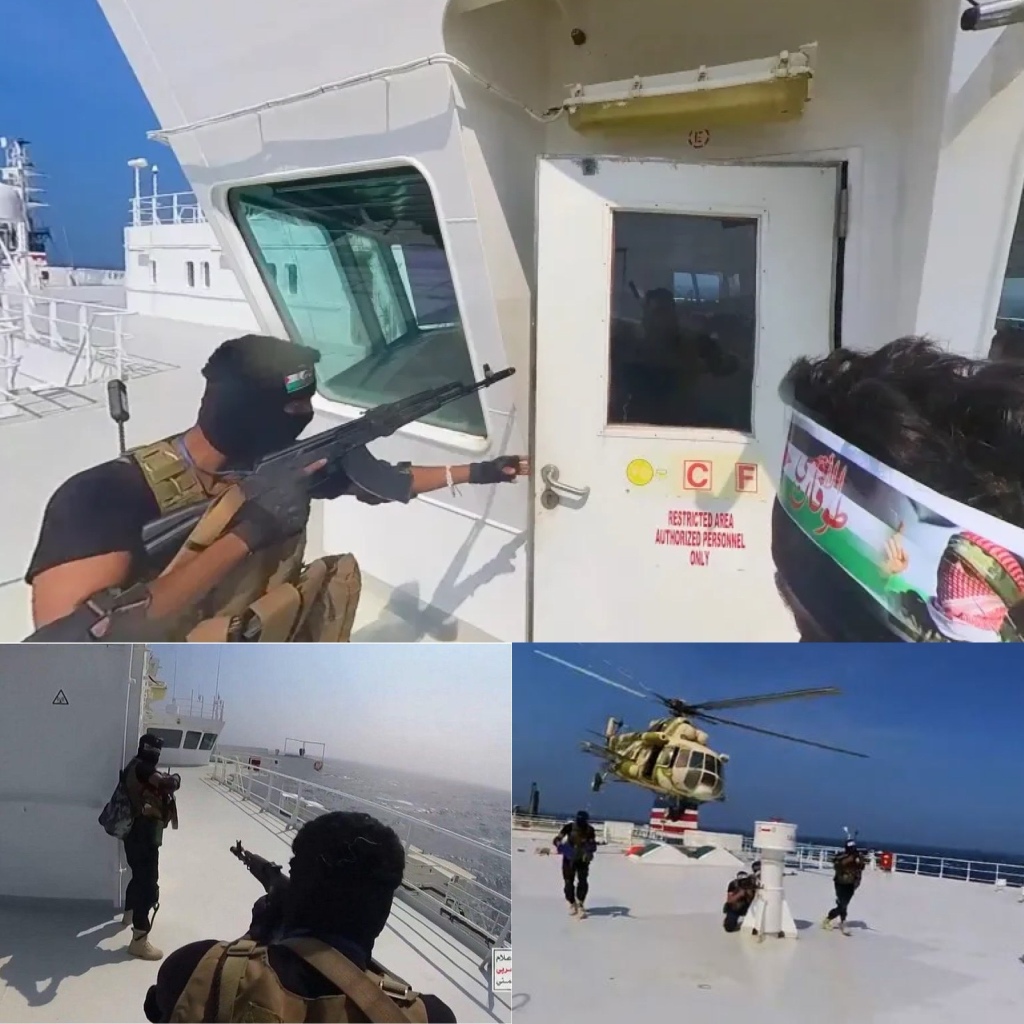via Maltese newspaper #Illum (translated by Google):

The attacks, or hijacking of cargo ships in the Red Sea, began shortly after the conflict in Gaza began. This is having an effect on other countries, including Malta, as we have seen the inflation rate continue to squeeze pockets here too.
Since the beginning of the conflict in Gaza, there have been several attacks in the Red Sea on cargo ships, and some have also been hijacked by rebels. All this brought with it a wave of inflation that hit the pockets of many.
The European Union (EU) launched the ‘Fit for 55’ – a package of laws to achieve climate neutrality. From this set of laws, an environmental tax came into force on the maritime industry.
In November, the Houthis, a group of rebels from Yemen, hijacked an Israeli ship and since then have hijacked and attacked several other ships.
Since the attacks have increased in the Strait of Bab el-Mandab at the mouth of the Red Sea, the Houthis, supported by Iran, have expressed that in support of Hamas they will attack any ship that is going to the direction, or linked to Israel.
Due to this, several major maritime companies, such as the Mediterranean Shipping Company and Maersk, had to take a different route for their cargo ships and go around Africa.
On Thursday, the United States launched strikes against Houthi rebels as a show of support for the Palestinians. Britain has joined the United States in the attack against Houthi, while several other countries have given their help by providing logistics and other support according to United States officials.
In response to this attack, the EU wants to send three warships to safeguard other ships in the Red Sea. This operation was drawn up in a document by the European Service as the United States launched their attacks.
The Labour Party’s European Parliament candidate, Clint Flores, stated that if this situation lasts, the insurance will rise as a consequence of worsening maritime security. Flores said that he believes that broad policies are needed and that the European Union should stabilize the area as was the case in EUCAP Somalia – a regional mission to support maritime security.
About 15% of the world’s maritime trade passes through the Red Sea on its way to the Suez Canal and the Mediterranean. Shipping companies raised their rates even before the new year started, with 20ft containers seeing a 20% increase in price and 40ft containers seeing a 24% increase .
The President of the GRTU, Paul Abela told us that once a ship is attacked or hijacked, other ships will not pass the same route and will have to go around Africa. He explained how due to a longer route, which can be increased between 12 and 15 more days, we will have to face more delays in order for the supplies to reach us, which will then affect the prices of the containers. Abela adds that whatever happens out there, eventually affects even the Malta Free Port.
According to, the Nationalist Party’s candidate for the European Parliament , Peter Agius, these attacks in the Red Sea “continue to aggravate a worrying situation for sea transport which since January has had to carry a European tax on the emissions that penalize Malta disproportionately and that are jeopardizing hundreds of jobs related to transport in Malta.”
He claimed that as a European Union country, it is necessary for the EU to take action as soon as possible with a protection operation. The EU still offers security to the ships “similar to what was already done with the Atlanta operation”, while he went on to say that Malta must also contribute to similar operations “always with the guarantee that they are only used for peace operations and protection and not get involved in other issues in the region.”
Consequently, inflation will also continue to intensify through energy supply issues, as oil tankers and ships carrying gas to Europe will likewise incur increased costs. This increase will continue to contribute to the increase in production costs, which will ultimately be borne by consumers.
The Red Sea crisis continues to worsen after the EU’s extension of the Emissions Trading Scheme (ETS) on the shipping industry. The ETS is part of Europe’s ‘Fit for 55’ package of laws to achieve climate neutrality, and will impose a cost on the maritime industry. This scheme was issued with the aim of mitigating the carbon emissions of ships every time they sail in an EU port, or from one port to another.




